A Humanitarian Crisis in Delhi’s Election: MCD Workers' Outrage Over Manual Scavenging, Contract Labor and 'Unkept' Promises
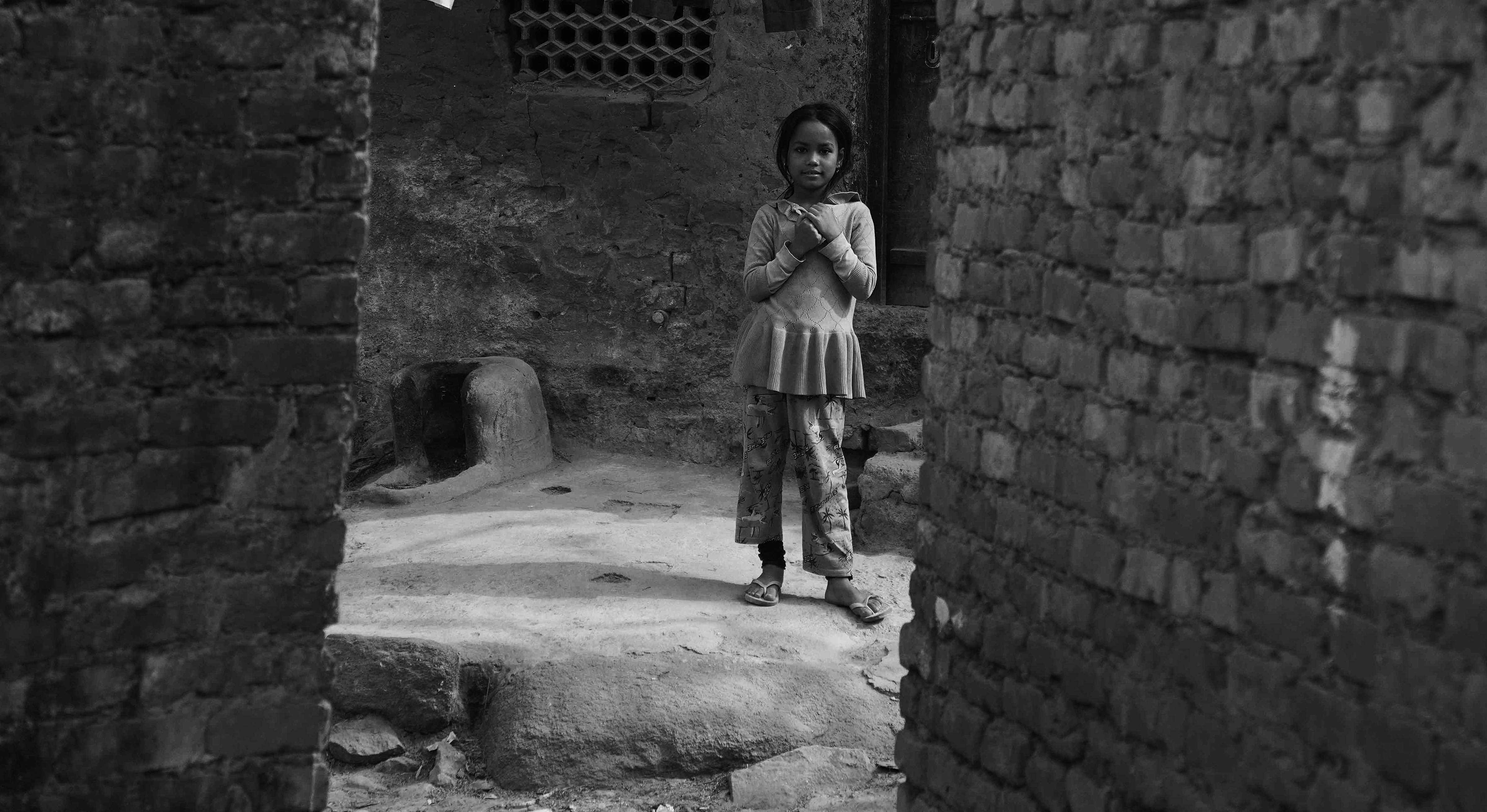
New Delhi: Rajo Devi (45) did not distinguish much between permanent jobs and contract-based work when she joined the Municipal Corporation of Delhi (MCD) as a sanitation worker in 1996. Over the years, she witnessed numerous policies come and go and participated in several protests demanding "regularisation, better pay and improved working conditions".
Unfortunately, these efforts yielded little progress. "I am still waiting for job regularisation and unpaid wages, but there is no solution. After my 7 am to 3 pm shift, I help my son run his chicken shop to manage our finances,” she says, expressing frustration with the AAP's "unmet" promises of welfare in previous elections.Rajo shares the sentiments of several MCD workers, who continue to endure substandard working conditions and a lack of basic security and human rights. They have now raised concerns, alleging that Chief Minister Arvind Kejriwal is using "election symbol tactics" to secure the Dalit vote bank.
"There is a huge gap between electoral promises and ground realities. Many MCD workers spend their lives hoping for just the bare minimum. The AAP (Aam Aadmi Party) and the BJP (Bhartiya Janata Party) – they are all same," she says.
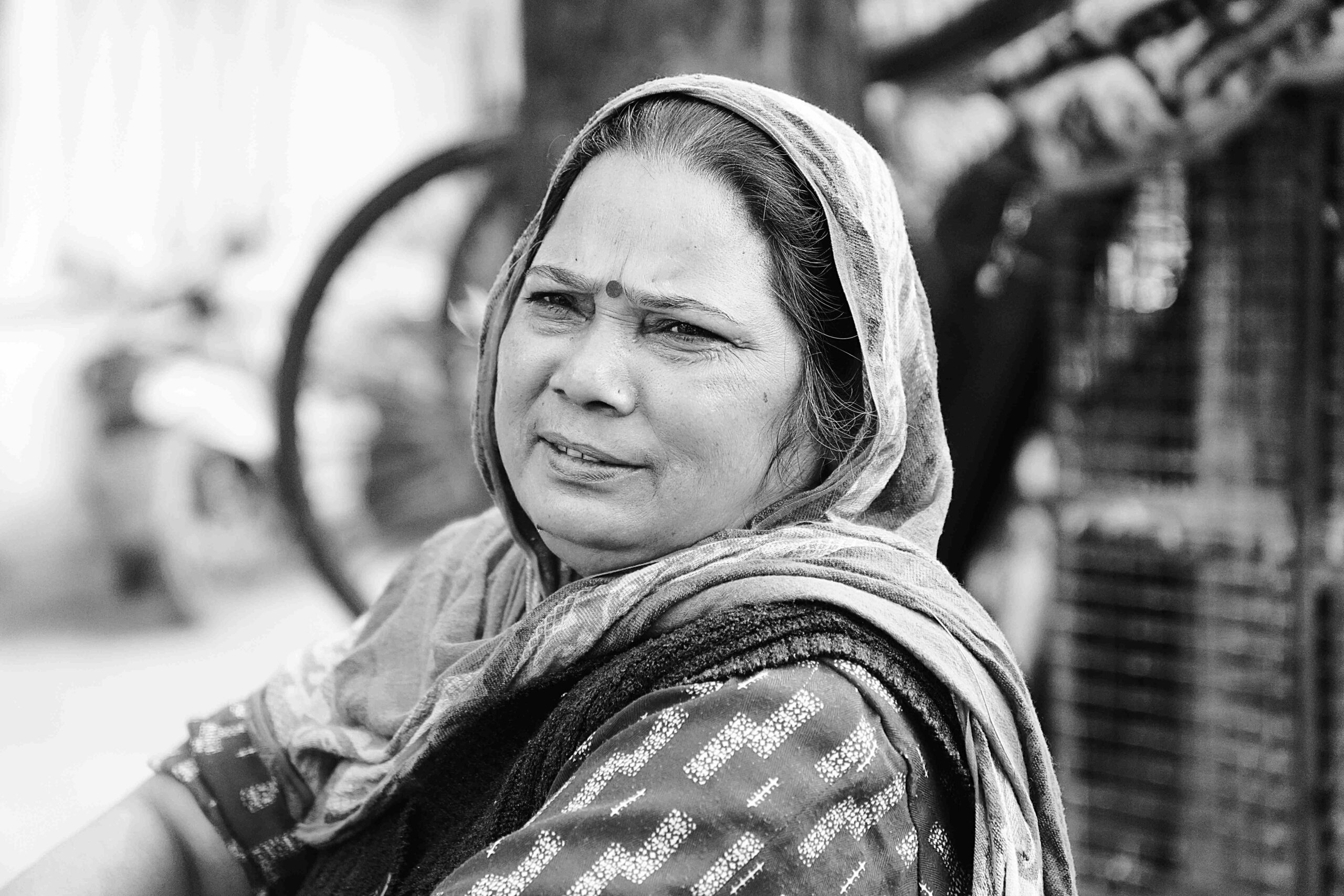 Rajo Devi snoozing under the hazy Sunday sun / Mariyam Usmani[/caption]
Rajo Devi snoozing under the hazy Sunday sun / Mariyam Usmani[/caption]
A significant number of MCD workers from Kusumpur Pahari, the largest slum in New Delhi, emphasise the need for regularisation of their services. Without permanent jobs, workers face inconsistent demands that threaten their livelihoods. For these slum-dwellers, securing permanent employment with a decent salary would provide security and benefits like insurance and allowances, instead of enduring the daily struggle for survival on low wages.
'Dying in Gutters'
In addition to complaints about working conditions and low pay, security is one of the most pressing concerns for sanitation workers, particularly as they are still often tasked with manual scavenging. Though the Supreme Court recently banned manual scavenging in six cities, including Delhi, workers remain skeptical about the enforcement of this judgment.
Raju (30), a contract cleaner at MCD, says, "The reality is far from the declarations. The state of sewers and streets in Delhi is deplorable. Many workers have no choice but to continue this work to survive."
Manual scavenging is a perilous job that involves exposure to toxic gases like methane, CO2 and ammonia. The dangerous work often claims the lives of sanitation workers, but the municipality claims that drains are now cleaned mechanically.
"I have seen people die in the gutters. The families of victims do not receive any compensation or support from the government. No one is held accountable for their deaths," Raju recounts, highlighting the urgent need for safety measures and protective gear for sanitation workers.
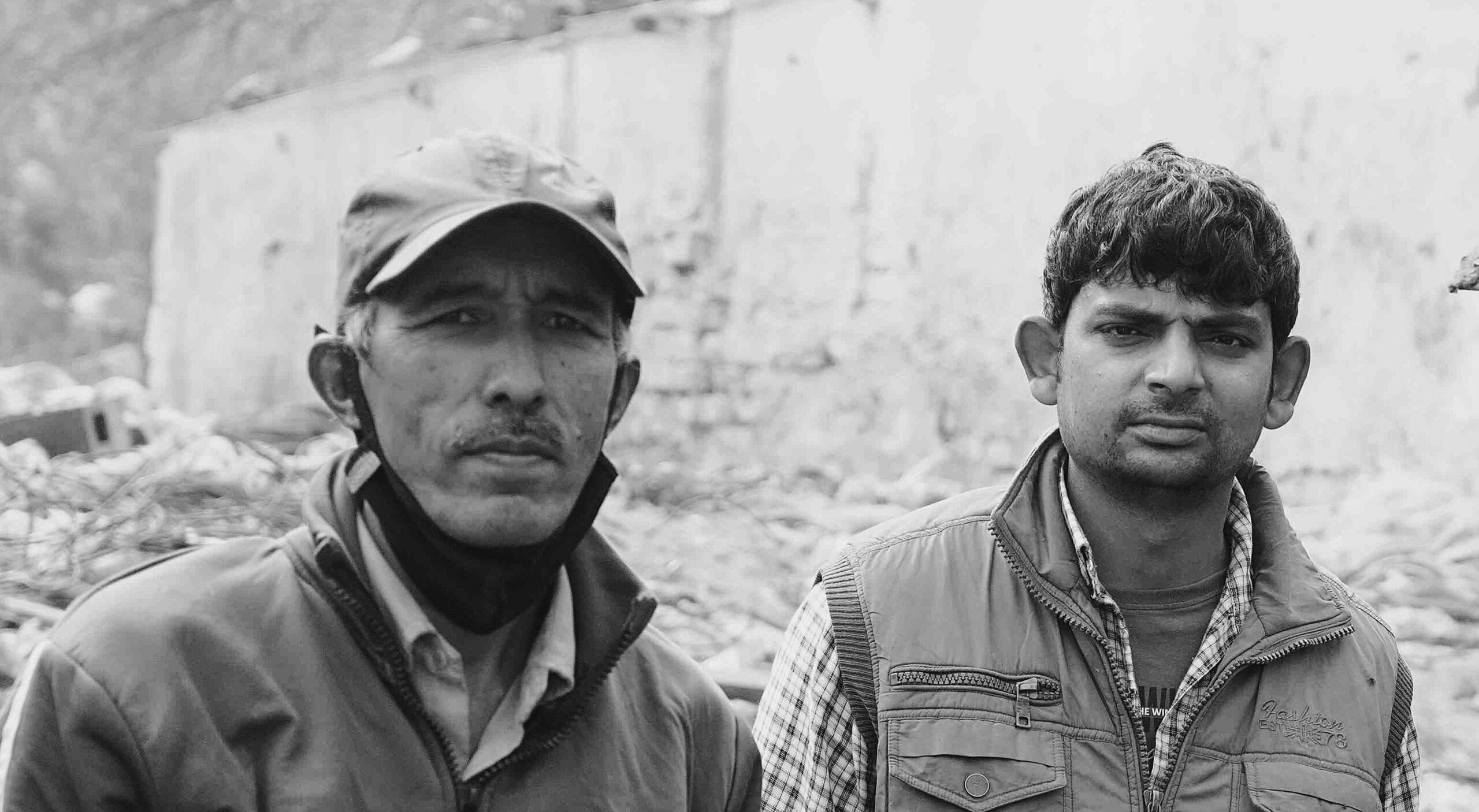 Cleaner Raju and driver Bhairav Dutta at work / Mariyam Usmani[/caption]
Cleaner Raju and driver Bhairav Dutta at work / Mariyam Usmani[/caption]
A Series of Challenges
The issues do not end with sweepers and cleaners. Many drivers also work on contract, and some complain about "nepotism" and "corruption" in the MCD hiring process, alleging that certain groups "manipulate" the system to secure positions, only to hire Dalit proxies to do the work on their behalf.
"We have our own struggles. We lack the resources and scientific methods to work efficiently. In our slum, the water crisis is just one of our many daily challenges. Our children often drop out of school at a young age," says Bhairav Dutta Sharma, a contract driver at MCD.
He also points out that alcohol consumption has become an unfortunate coping mechanism, as dealing with the stench of open drains and garbage is a "hazardous task that is hard to bear".
"Our children are losing their childhood to pollution and the unbearable burden of our work. I do not believe in the hollow promises of welfare," he says bitterly.
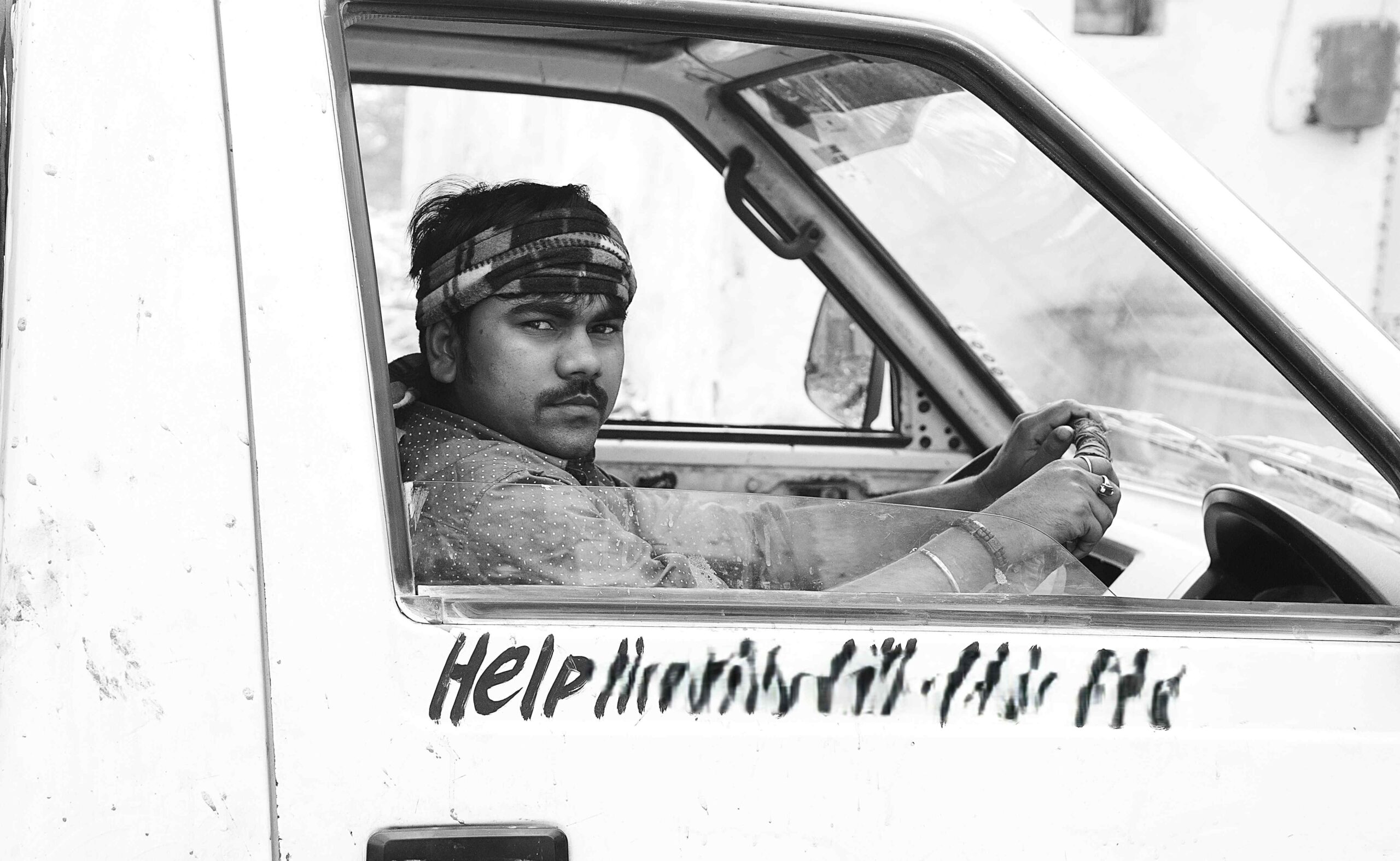
Delhi's Pollution: Who Is Responsible?
MCD workers argue that under the AAP regime, issues like garbage and open sewers have worsened. The administration often blames them for exposing citizens to health risks. However, workers contend that this is a result of "systemic failure".
Firdaus (27), a student from Vasant Vihar, says, “When sanitation workers go on strike during protests, the streets turn into a dump. But I cannot blame them; it is the inhumane treatment by the administration that causes their resentment."
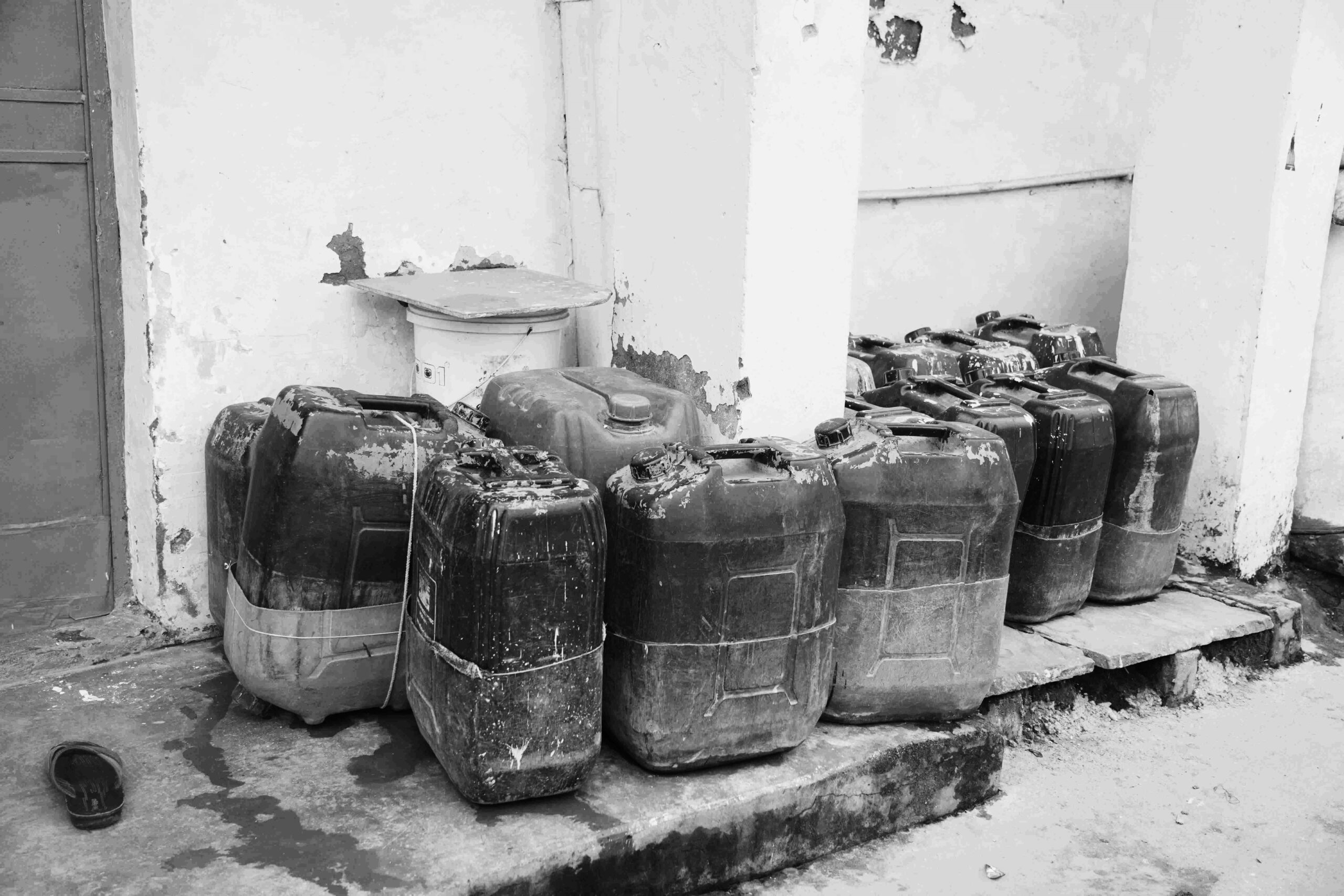 Water storage containers to confront the water crisis / Mariyam Usmani[/caption]
Water storage containers to confront the water crisis / Mariyam Usmani[/caption]
Junaid Khan (24) from Jamia Nagar, Okhla, agrees, saying, "MCD sanitation workers are fighting for their rights. We need to focus on our MLAs and the political forces exploiting them."
Raju concludes, "It is time for Delhi's population to question the government and administration that forces us to work under such inhumane conditions."
In the midst of the election season, right-wing parties are focused on capturing votes in the name of Hindutva. However, sanitation workers are calling for political empathy and a recognition of their humanity, hoping to be treated as people, not mere vote banks.
